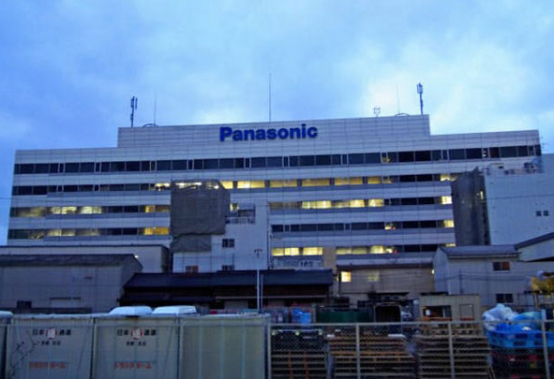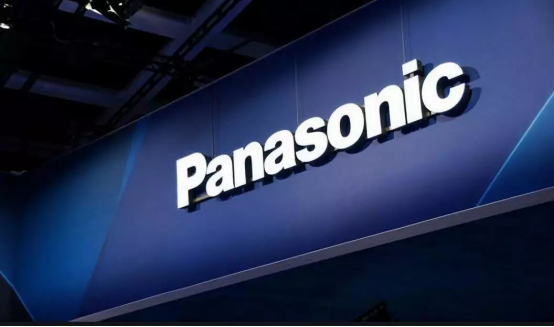Suddenly! Panasonic sells semiconductor business and Nuvoton acquires.
Suddenly! Panasonic sells semiconductor business and Nuvoton acquires.
Nikkei News reported on the 28th that Panasonic will withdraw from the semiconductor business, the related business company's stake will be sold to Taiwan's Nuvoton. Microcontroller (MCU) plant Nuvoton announced yesterday that the 28th will be suspended trading, the market speculated that the reason for the suspension may be related to the company's merger and acquisition.
According to the report, Panasonic plans to sell for its fully funded subsidiary, Panasonic Semiconductor Solutions (PSS), which is engaged in semiconductor research and development, manufacturing and sales. PTS and Israel's professional wafer factory TowerJazz, a 49% and 51% joint venture, "Panasonic Tower Semiconductor Jazz" (PTS) will also be sold. PTS currently produces semiconductor products such as image sensors from three plants in Toyama and Niigata prefectures.

Panasonic's semiconductor business is reported to be in the doldrums, while Panasonic had planned to revive its semiconductor business, only to slow sales due to trade frictions between the U.S. and China and to become the trigger for Panasonic to abandon its continued semiconductor business. PSS' revenue for fiscal 2018 (April 2018-March 2019) was 92.2 billion yen and operating loss was 23.5 billion yen.
Panasonic entered the semiconductor business in 1952 with a joint venture with Philips in the Netherlands. Expand factories in Japan and abroad for home appliances produced by itself. Around 1990, Panasonic was among the world's top 10 in semiconductor sales, but its performance continued to deteriorate as companies in South Korea and Taiwan rose.
Coupled with a slowdown in sales such as televisions and digital cameras, plant operating rates fell, and in 2014 three plants in Toyama and Niigata were converted into co-operations with TowerJazz. Factories in Okayama and Kagoshima prefectures were also closed. In April, Panasonic announced that it would sell part of its business to Rom and has been pushing for redevelopment.
Focusing on the popularity of the next generation of cars, Panasonic has recently been strengthening its automotive business for semiconductors, such as battery management for electric vehicles. However, Panasonic Semiconductor Solutions, the core of its semiconductor business, reported sales of 92.2 billion yen in fiscal 2018 (ending March 2019) and a loss of 23.5 billion yen in operating profit and loss. The semiconductor business was targeted for the 2019 fiscal year (as of March 2020), but it was difficult to make a profit due to weak demand due to trade frictions between the Us and China.

Panasonic's operating profit for fiscal 2019 is expected to fall 27% year-on-year to 300 billion yen. In order to improve the profitability of the company, Panasonic strive sought to "eliminate the loss-making business." Panasonic held an investor business briefing in Tokyo on November 22nd, and according to the announcement on Panasonic's official website, Panasonic plans to eliminate all structural loss-making businesses by the end of 2021 (by the end of March 2022). Panasonic announced on November 21st that it would end production of LCD panels.
About Nuvoton Technology

According to public information, the two pillars of Nuvoton Technology's business are the MCU (micro-control unit) used to control electronic products and other independent products and orders from other enterprises. Consolidated sales for fiscal year 2018 (as of December 2018) increased 9% year-on-year to T$10 billion, while net profit increased 3% to T$711 million. The company is positioning its automotive and industrial businesses as key areas for the future.
Winbond Electronics, a Taiwanese semiconductor memory company, owns about 60% of Nuvoton Technology. Nuvoton Technology split and independent from Winbond Electronics in 2008 in the form of computing processing related business, and listed on the Taiwan Stock Exchange in 2010. Nuvoton will use the rich financial strength to the technical strength of Panasonic's semiconductor business into its.
Previously, Japanese companies have swept the world semiconductor market. According to IC Insights, a US research firm, Japan accounted for 49% of the semiconductor market in 1990. However, Japan's share fell to 7 per cent in 2018 on the back of an offensive by South Korean and Taiwanese companies, due to slow investment judgment and business restructuring. Among the top 10 semiconductor companies in the world released by Gartner in the United States, there are no Japanese companies in 2018.
In addition, the merger of the parts of NEC and Hitachi Productions, the company set up in 2012, the company fell into bankruptcy. The company, which merged with Hitachi Productions and Mitsubishi Electric's semiconductor division, and NEC Electronics, which started in 2010, turned into an operating loss from January to September 2019. Sony, which is still actively investing in the image sensor, holds 50 percent of the global share.
Nov.28, 2019

